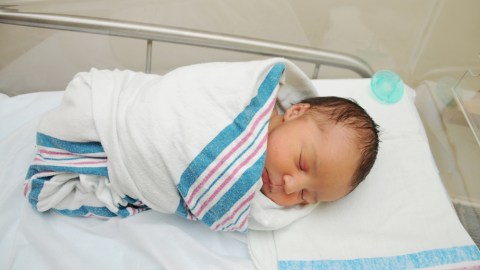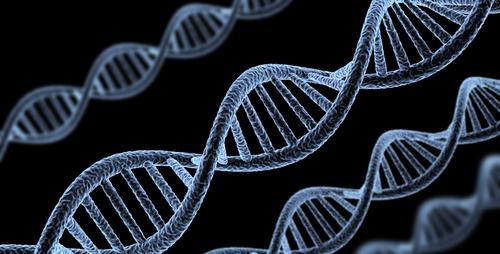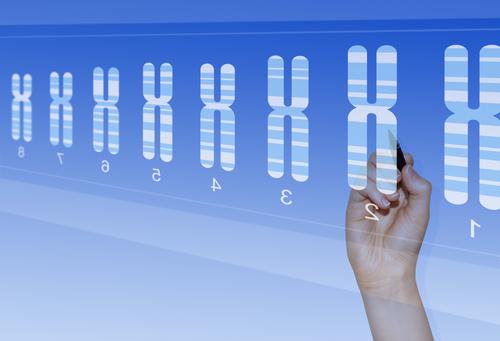Should All Babies Have Their Genome Sequenced at Birth?

What’s the Latest Development?
With the cost of sequencing a person’s entire genome falling, some experts in the field of genetics argue that all children should have their genomes sequenced at birth. The advantage, they say, would be early detections of genetic mutations such as those that causephenylketonuria (PKU) and cystic fibrosis. “In some cases, these diseases can be treated. The intellectual disability caused by PKU, for instance, can be avoided by giving children a special diet that prevents the amino acid phenylalanine building up in their blood.” And sequencing large population’s genome’s could return essential information on inherited diseases.
What’s the Big Idea?
At a cost of about $5,000 per complete genome, genetic sequencing is edging closer to becoming an economically viable option, compared to the $100 cost of current newborn screening tests. “Four new projects, announced by the NIH on 4 September, will study the practicality of bringing genome or exome sequencing to neonatal medicine. … One key question is whether current genome sequencing technologies are accurate enough to be deployed in newborn screening. ‘They’re not quite at clinical grade,’ says Eric Green, director of the National Human Genome Research Institute in Bethesda, Maryland.”
Photo credit: Shutterstock.com





